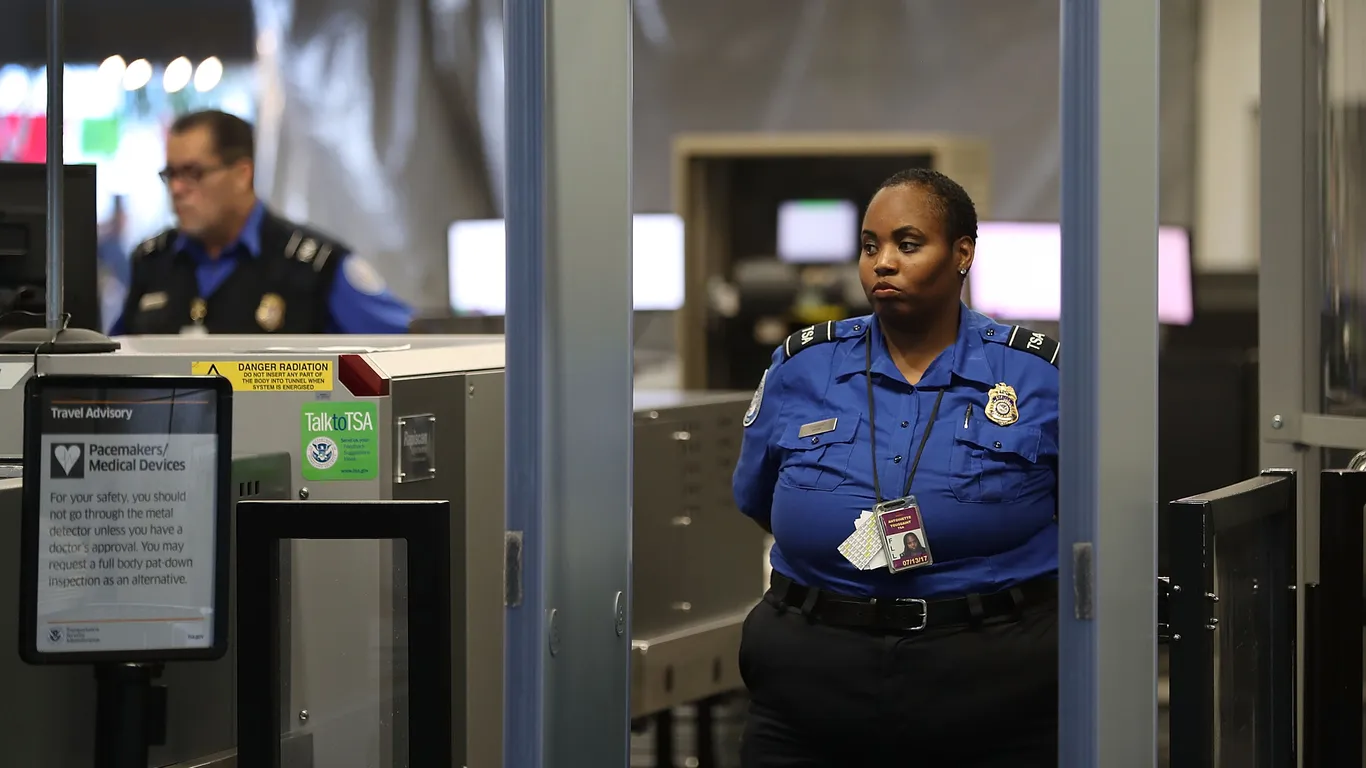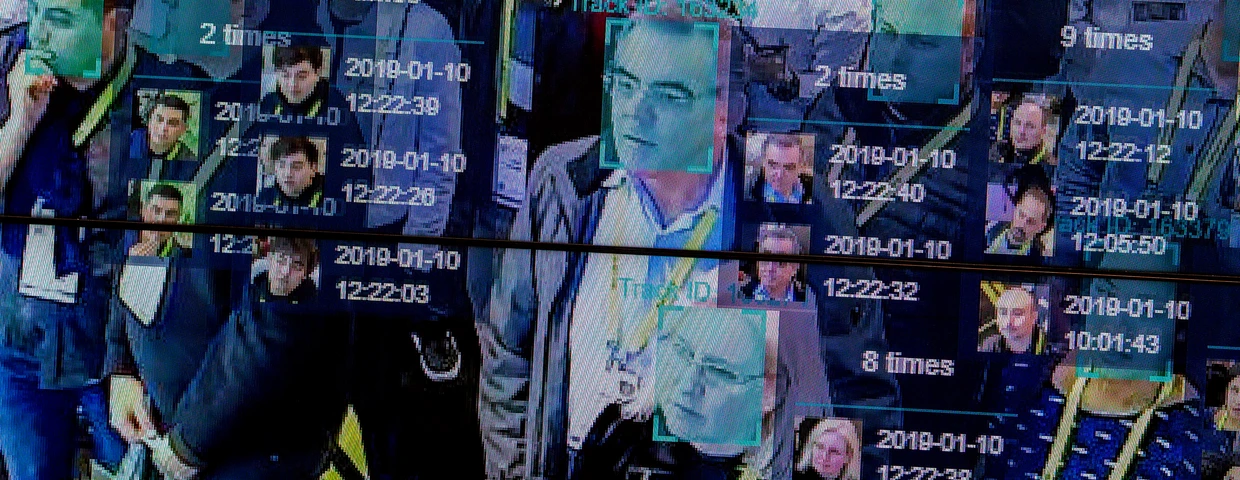As travelers queue at airports, a hidden danger lurks behind the glossy smiles of TSA agents: the invasive practice of facial recognition scans. With increasing reports of privacy violations and government overreach, it"s time for us to question whether this technology is worth the risk.
Facial Recognition Scans Are Optional but Misleading
Since 2020, the TSA has integrated facial recognition into airport security, claiming it enhances efficiency. However, according to HuffPost, many travelers are unaware they can opt out. Signage indicating the option is often unclear or unavailable, particularly for non-English speakers. The reality is that opting out is a right that many don"t exercise, fearing delays or confrontation.
Privacy Experts Urge Travelers to Decline
The benefits of declining the facial scan are significant. Travis LeBlanc, a privacy attorney and former member of the Privacy and Civil Liberties Oversight Board, emphasizes that by opting out, travelers are protecting their biometric data from becoming just another tool in the government"s surveillance arsenal. As discussed in a HuffPost article, TSA"s vague communications about their data usage raise serious concerns.

TSA no-shows forcing more airports to shift security screening
The Dangers of Biometric Surveillance
Facial recognition technology is not just a method of verifying identity; it has the potential to track individuals in real time. Jennifer King, a privacy fellow at Stanford, warns that the technology could evolve into a tool for pervasive surveillance, especially under a government that has shown a willingness to infringe on civil liberties. The recent firings of key members of the Privacy and Civil Liberties Oversight Board by the Trump administration have left a gaping hole in accountability, as noted by LeBlanc. Without this oversight, the public"s trust in the TSA and the broader Department of Homeland Security diminishes.
Voices of Resistance and the Right to Opt Out
More travelers are beginning to resist invasive security measures. Saira Hussain, a senior attorney at the Electronic Frontier Foundation, consistently opts out of facial scans, pushing back against the narrative that compliance equals safety. Her experience reflects a growing sentiment among travelers who are increasingly aware of their rights. “Every face scan is a unique opportunity to assert your rights,” Hussain states, urging others to follow suit.

Facial Recognition Lobby Urges Caution on U.S. Zeal to Regulate
What Happens If You Choose to Opt Out
Many travelers hesitate to opt out, fearing delays or pushback from TSA personnel. Yet, as reported by HuffPost, travelers should not face any significant delays. TSA has publicly stated that opting out does not disrupt the flow of security screening. In fact, declining the scan can serve as a powerful statement against invasive government practices.
In a world where our data is increasingly commodified and exploited, taking a stand against facial recognition technology is essential. Every refusal to comply with invasive measures sends a message that the public will not tolerate unchecked surveillance. The TSA"s plans to expand these technologies to more than 400 airports in the coming years only heightens the urgency for travelers to assert their rights. As a community, we must push back against these overreaches, ensuring that our privacy is respected, not compromised.

![[Video] Anti-ICE Protester Pepper Sprayed as CBP Agents Disperse Crowd in Minneapolis](/_next/image?url=%2Fapi%2Fimage%2Fthumbnails%2Fthumbnail-1768260677127-y71sb7-thumbnail.jpg&w=3840&q=75)

![[Video] Several injured as U-Haul truck drives through Iranian protestors in Los Angeles](/_next/image?url=%2Fapi%2Fimage%2Fthumbnails%2Fthumbnail-1768176682028-q95y6j-thumbnail.jpg&w=3840&q=75)
![[Video] Scuffle breaks out between Trump supporters and Anti-ICE protesters in Times Square](/_next/image?url=%2Fapi%2Fimage%2Fthumbnails%2Fthumbnail-1768165958203-hgcgb-thumbnail.jpg&w=3840&q=75)


![[Video] Gunfire between Iraqi security forces and Sadr militias in Baghdad](/_next/image?url=%2Fapi%2Fimage%2Fthumbnails%2Fthumbnail-1768343508874-4redb-thumbnail.jpg&w=3840&q=75)
